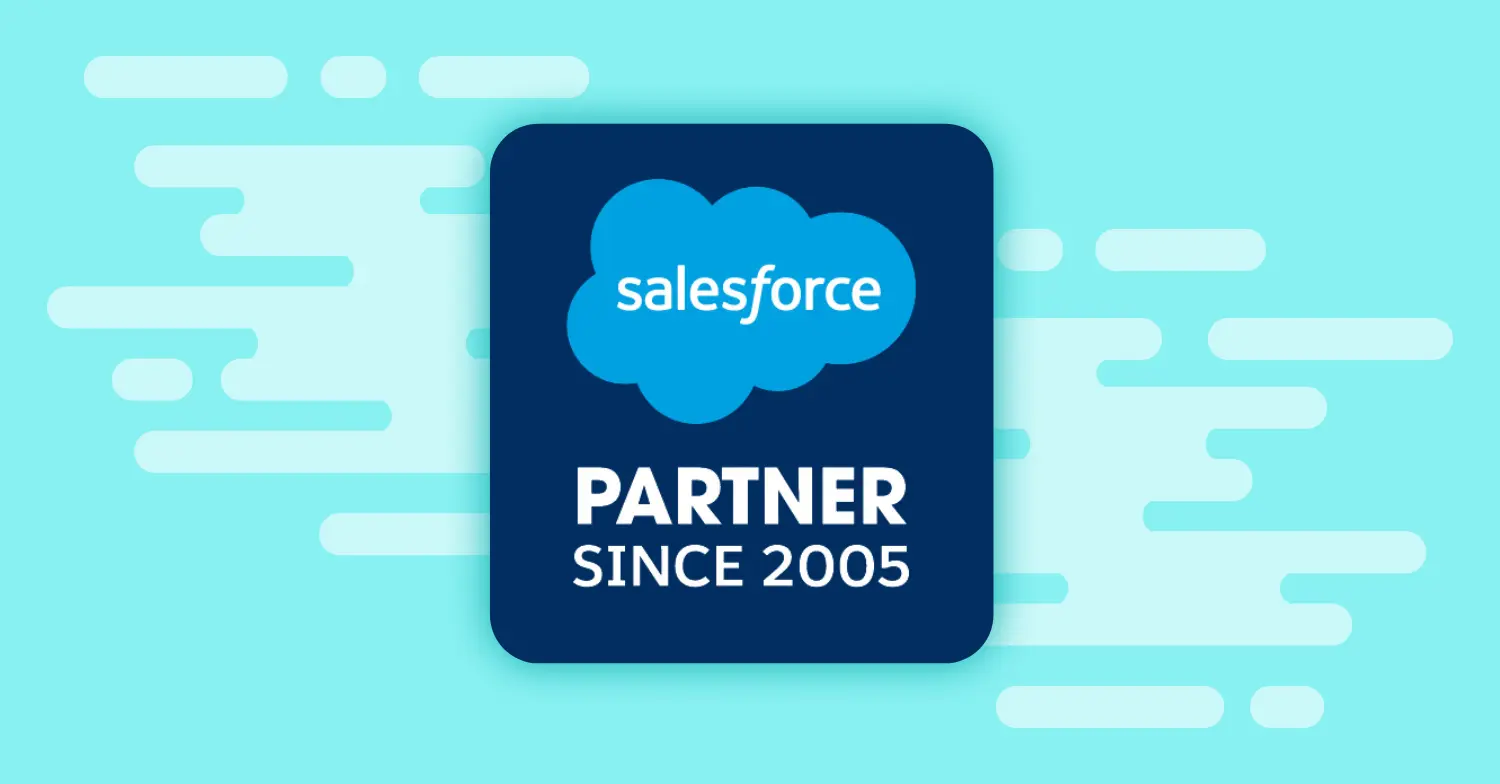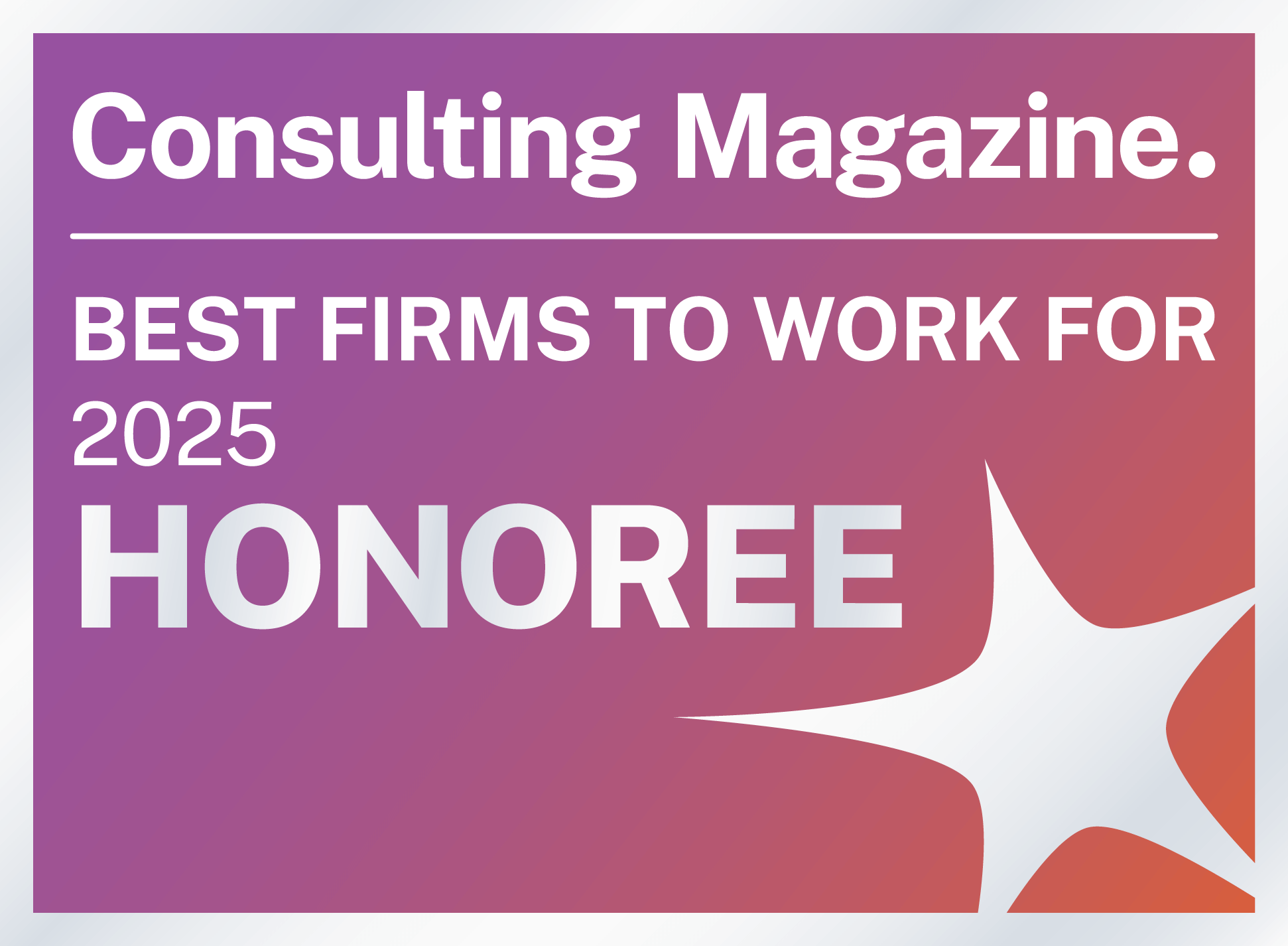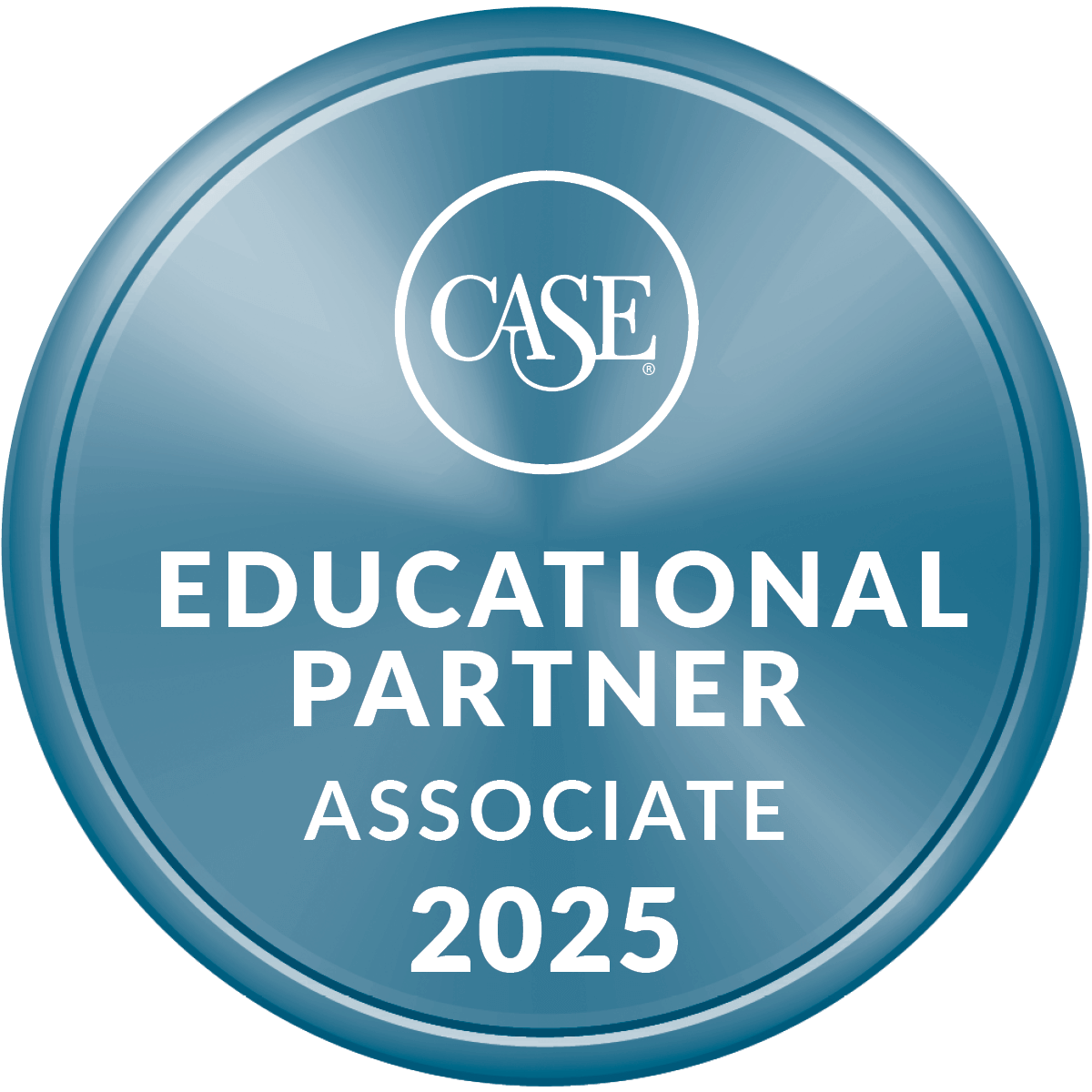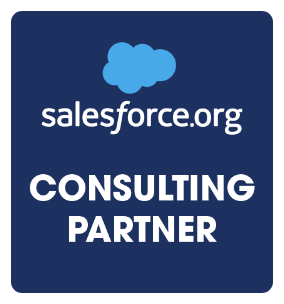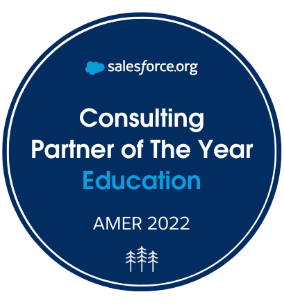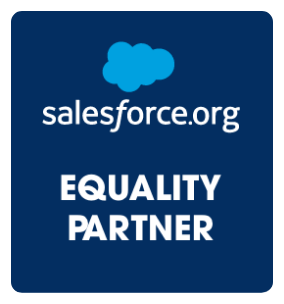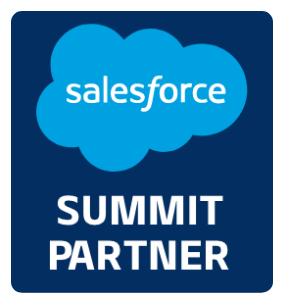
Student success in higher education has long been measured by one primary outcome: degree completion. While earning a diploma remains important, today’s students face more complex challenges, and they expect more from their college experience. As the higher education landscape shifts, institutions must rethink what success truly means and how it should be measured.
To stay relevant and meet the needs of modern learners, colleges and universities should expand their definitions of student success. That means looking beyond traditional academic metrics and incorporating developmental milestones, post-graduation employment outcomes, and long-term financial wellness.
Why Higher Education Institutions Must Redefine Student Success
In today’s competitive higher education landscape, students and their families increasingly demand clear evidence of value. The return on investment for a college degree can no longer be taken for granted; it must be demonstrated. At the same time, state governments and funding agencies are tying financial support to measurable student outcomes and alignment with workforce needs. According to the State Higher Education Executive Officers Association (SHEEO), 30 states have already adopted performance-based funding models.
Furthermore, current federal political momentum is pushing in that direction. Linda McMahon, the Secretary of Education, testified before Congress, stating, “That’s our goal, to give parents access to the quality education their kids deserve, and to fix the broken higher education industry that has misled students into degrees that don’t pay off…”.
To respond, colleges must evolve their definition of success from a singular academic milestone to a comprehensive view of student achievement. This includes three key dimensions:
- Academic success and degree completion
- Personal and developmental growth
- Post-graduation career and financial outcomes
Let’s explore how each of these areas should be prioritized in institutional strategies.
Academic Success: More Than a Diploma
Academic success in higher education will always be important. Graduation and certification remain core indicators of student achievement. However, institutions should go further.
Graduation alone does not demonstrate that a student has achieved meaningful learning, career readiness, or preparation for graduate school. Colleges should expand on metrics to assess whether students truly master subject matter and build applicable skills. This might include:
Skills-Based Assessments
For example, a critical thinking assessment, earned by completing a series of scenario-based assessments designed to evaluate analytical reasoning and problem-solving skills.
Industry-Recognized Credentials or Certifications
This is becoming more common in the technical section with certifications such as CompTIA Security+ Certification, which demonstrates foundational cybersecurity knowledge recognized by employers in the tech sector. However, there are numerous ways this can expand beyond technology programs.
Portfolios of Student Work
This includes research and writing portfolios, which compile writing samples, annotated bibliographies, and independent research papers to illustrate academic progression and scholarly inquiry.
Capstone Projects and Applied Learning Experiences
Capstone projects are commonly found in graduate programs but are less prevalent at the undergraduate level. Expanding capstone or applied learning opportunities to undergraduates would not only help develop practical skills but also provide a clear demonstration of student learning and academic achievement.
These practices not only provide evidence of learning but also help students articulate their skills to future employers. In a world where degrees alone may not guarantee employment, demonstrating competencies is critical to career readiness.
Supporting Cognitive and Social Development
Success in college isn’t just about academics. Student development, both cognitive and social, is essential for long-term success. Supporting this kind of development is central to the mission of a liberal arts education. Institutions should embed these outcomes into their definitions of student success.
Institutions should actively track how students grow in areas like critical thinking, communication, leadership, and emotional intelligence. These soft skills are vital in nearly every profession and are often cited by employers as top hiring criteria.
How colleges can promote and assess developmental success
- Using co-curricular transcripts
- Encouraging student engagement in clubs, service, and leadership
- Administering engagement surveys and self-assessments
- Requiring participation in mentorship programs and support networks
Modern CRM systems can play a key role in supporting these activities while capturing valuable data that institutions can leverage to improve student outcomes. By fostering personal growth and development, colleges help build the foundation for both professional success and personal resilience beyond graduation.
Post-Graduation Success: Employment and Financial Outcomes
With rising tuition and growing student debt, post-graduation outcomes are arguably the most visible indicators of student success today. Colleges must track and report on what happens after students leave campus, and financial outcomes should also be considered. Institutions should monitor the debt loads of their graduates and how quickly they are able to achieve financial stability. A student burdened with high loan repayments, even if they earned a degree, may not be considered successful by broader societal standards.
We all know this is of the utmost importance to college students and their parents/caregivers. That view is supported by several surveys.
- Pew Research found that, “Nearly half of adults (47%) say a four-year college degree is worth the cost, but only if someone doesn’t have to take out loans in order to attend.”
- Third Way and Global Strategy Group found that “Graduate students want outcome transparency before enrolling in a program.”
How institutions can expand the evaluation of post-graduation success
- Job placement rates within the student’s field of study
- Average starting salaries and long-term income growth
- Alignment between academic programs and workforce needs
- Student loan debt load, default rates, and financial stability after graduation
Further, states are increasingly linking education funding to employment outcomes. According to SHEEO, 42 U.S. states connect education data with workforce data to guide policy and resource allocation. Colleges that cannot show alignment between academic offerings and job market demands may face funding risks.
Promoting post-graduate financial success also supports broader institutional goals. For example, financially successful alumni are more likely to contribute through philanthropic giving.
How institutions can promote post-graduation financial success to ensure broader institutional goals are met
- Track and report on key metrics of postgraduate success (e.g., job placement, debt load, salaries)
- Expand partnerships with employers
- Strengthen career services and job placement resources
- Embed career readiness into the curriculum
- Provide financial wellness programs for students and graduates
By doing so, institutions help ensure their graduates are not just employed, but thriving.
Final Thoughts: A Modern Definition of Student Success
Redefining student success in college means embracing complexity. It means acknowledging that learning is both an academic and a human endeavor. It means creating systems that support students not only as learners but also as future professionals, leaders, and community members.
Colleges and universities that embrace this broader definition of student success and integrate it into their strategic enrollment management plans will be better positioned to serve their students, respond to the needs of today’s economy, and uphold their missions as engines of opportunity.
In today’s world, the most successful institutions will be those that ensure their students leave not just with a degree, but with the confidence, skills, and support to thrive for a lifetime.
Attain Partners – Strategic Expertise for Higher Education
At Attain Partners, we help colleges and universities reimagine student success, from strategic planning to systems implementation. With deep expertise in digital transformation, data integration, and student-centric design, our team supports institutions in building measurable, future-ready models that promote academic, developmental, and post-graduate outcomes.
To learn more about how we can help your institution evolve its approach to student success, check out our latest thought leadership or connect with one of our experts.
About the Author
John Knost is a seasoned leader with over 25 years of experience in higher education student operations, compliance, and technology transformation. He has successfully held leadership positions in large-scale ERP and CRM implementations, including Workday and Salesforce, across multi-campus systems. John holds a Master of Science in Higher Education Administration and a Graduate Certificate in Enrollment Management from the University of Miami.


